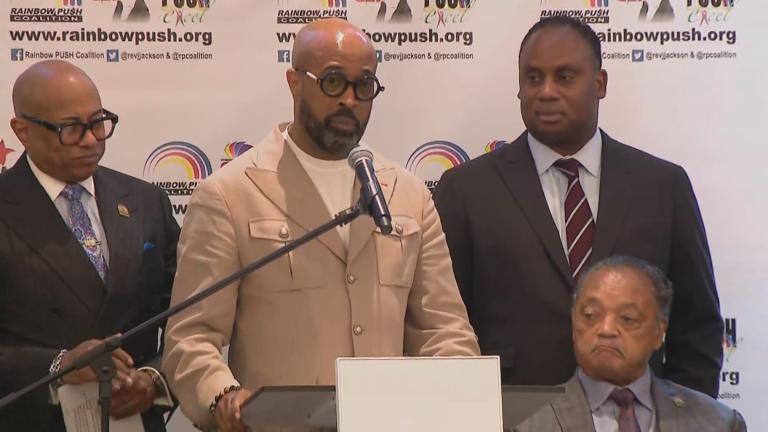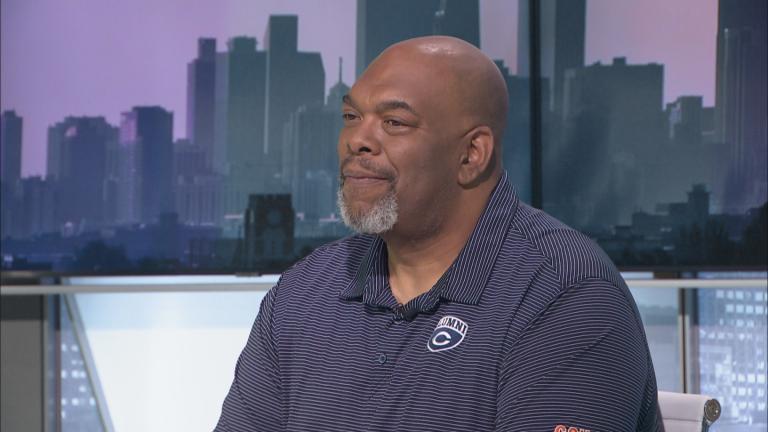Sickle cell disease affects about 5,000 people across Illinois — and it’s mostly impacting Black communities.
The inherited disease occurs when healthy red blood cells become sickle-shaped and stiff, which can lead to anemia and other health problems.
While gene therapies have emerged to treat the disease, high costs can limit access.
But a new Illinois advisory council is looking to address this by examining how the state’s Medicaid program can help cover expenses.
Ronisha Edwards-Elliott is an advocacy worker with the Sickle Cell Disease Association of Illinois and a sickle cell patient.
She said the advisory council is a big win for the community. Her organization plans to be involved to continue advocating for patients.
“We hope that this committee involves stakeholders like ourselves who have really been advocating for a very long time for this disease,” Edwards-Elliott said. “For the community, it feels like our voices will finally be elevated, and people will understand what we are experiencing.”
Dr. Robert Molokie specializes in the treatment of sickle cell disease at UI Health’s Division of Hematology and Oncology. He said severe pain is the most common side effect from the disease — something Edwards-Elliott said she’s experienced throughout much of her life.
“People say it’s an invisible complication because you can’t see what’s going on inside of my body by just looking at me,” Edwards-Elliott said. “And oftentimes, it takes someone to really believe what we are experiencing, to really support and help us.”
Blood donations have long been a way to treat sickle cell patients. Molokie explained that gene therapies have found ways to increase healthy hemoglobin before sickle hemoglobin can build up. He said these therapies have shown positive results for patients.
Advocates like Edwards-Elliott are continuing to fight for access to these treatments and bringing equity to all areas of care for those with sickle cell disease. Her advice for other patients: “Your life is worth it.”
“There are advocates out here,” Edwards-Elliott said. “When you do feel silenced, you do not feel like your voice has power. We believe that it does have power, and we’re going to make sure that this society hears us and understands the needs of the community.”








